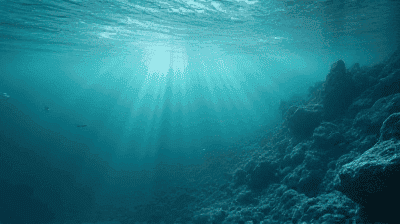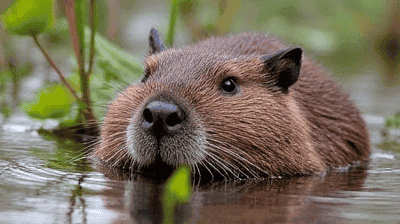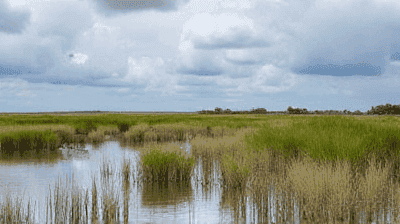The world's oceans, often referred to as the lungs of the planet, play a crucial role in regulating climate and supporting life. While much attention has been focused on issues like climate change, plastic pollution, and overfishing, an insidious and growing threat is quietly unfolding beneath the waves: ocean deoxygenation.




